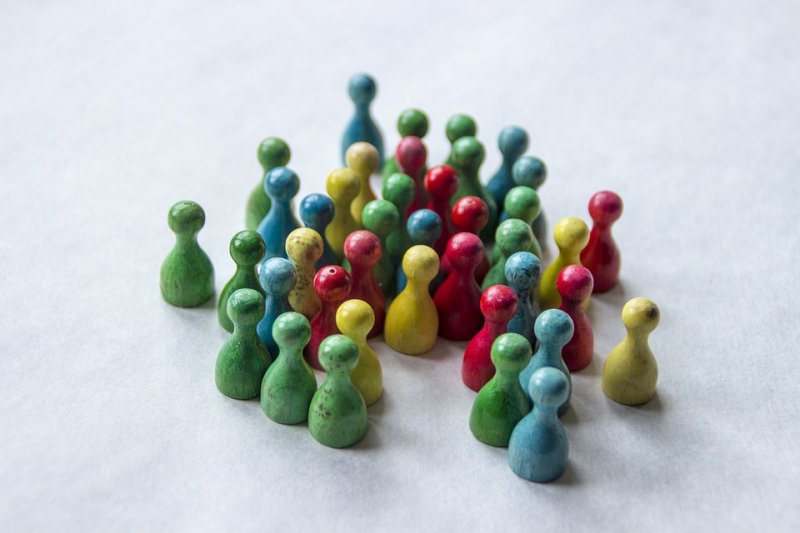By CIPESA Writer |
The African Internet Rights Alliance (AIRA), a coalition of civil society organisations from around the continent, has racked up various joint interventions to advance digital rights on the continent. The Alliance works to promote privacy and data protection, affordability and access to the internet, access to information and freedoms of assembly, expression and the media.
The formation of the network was informed by the growing affronts to digital rights on the continent and the need for civil society actors to pool efforts so as to enhance their effectiveness in undertaking research, advocating policy and legislative reform, and capacity building, among other areas of intervention.
Each month, more than half a billion Africans access the internet – this is more than all the internet users in North America and the Middle East combined – and that number continues to grow. As the internet and digital technology become more and more integrated into all aspects of life, governance, and the economy in Africa, the inequalities and challenges we face online are reflected offline. We face new challenges to our human rights in the digital context – including unequal access, censorship and violence online. We must work together to ensure that everyone’s digital rights are respected and protected.
Over the past five years, internet shutdowns, stifling of dissent, poor data governance and various forms of online violence have persisted, perpetrated both by the government and the private sector, despite increased calls for progressive policy and practice. In order to advance collaborative approaches to promote digital rights, a coalition of civil society organisations came together to pool experience and expertise under AIRA. The alliance was unveiled at the 2020 Forum on Internet Freedom in Africa (FIFAfrica20) and also presented at the 2020 global Internet Governance Forum (IGF).
The AIRA members include Amnesty International, ARTICLE 19 Eastern Africa, BudgIT, the Centre for Intellectual Property and Information Technology Law (CIPIT), Co-Creation Hub (CcHub), the Collaboration on International ICT Policy for East and Southern Africa (CIPESA), the Kenya ICT Action Network (KICTANet), Legal Resource Centre (LRC) and Paradigm Initiative (PIN). Many of the alliance members had worked together over the past three years and realised the need for transnational collaboration and coalition-building to protect and expand digital rights across Africa.
Below are some highlights of AIRA’s work
- Developed and distributed key digital rights terminology guidance to journalists.
- Hosted a media webinar on digital rights, Covid-19 and elections across Africa.
- Submitted joint letters to the United Nations and African Commission on Human and Peoples’ Rights regarding the use of Kenya’s Computer Misuse and Cybercrimes Act and Nigeria’s Cybercrimes Act.
- Facilitated a joint social media campaign aimed at condemning governments who have unfairly detained journalists.
- Supported the revision of the Declaration of Freedom of Expression and Access to Information of the African Commission on Human and Peoples’ Rights (ACHPR); and
- Engaged with the media on digital rights challenges and opportunities.
Explaining the spirit behind AIRA
“AIRA was largely borne out of the need for movement building in campaigns for universal access and tackling inequalities and human rights challenges faced by Africans online, which are reflected offline. These challenges vary country by country, sub-region by sub-region and indeed, from one user to the next. However, norm setting requires a unified approach and platforms for collaborative learning and engagement – which AIRA seeks to do, in tandem with other pre-existing digital rights coalitions,” said CIPESA Executive Director Wairagala Wakabi.
“The AIRA coalition is uniquely positioned to undertake value-based, collective interventions and executes strategic initiatives that engage the government, private sector, media and civil society to institute and safeguard digital rights. Instructively, one limb of our multi-faceted digital rights work encourages government to espouse our four values – accountability, transparency, integrity and good governance – as they roll out inevitable digital policies and action plans,” said KICTANet Convenor Grace Githaiga.
“AIRA members vocalise the needs and challenges of millions of individuals across Central, East, Southern and West Africa, including individuals who remain disconnected from the digital sphere, those at risk of being disconnected, and those who are already connected, albeit poorly,” said Legal Resources Centre Legal Researcher Edwin Makwati.
“In the face of COVID-19, Internet shutdowns and stifling of dissent, digital rights across Africa are under threat more than ever before. AIRA is prepared to pool its experience and expertise to advance digital rights and is well positioned to hold governments and the private sector accountable for any violation of those rights,” said Amnesty International Technology Advisor Kiggundu Mark.
“Together, we can do so much,” said Paradigm Initiative Executive Director ‘Gbenga Sesan. “We invite others to join us in the movement to establish, advance and protect digital rights for all on the African continent.”
Learn more about AIRA here


